A 21-year-old US student has shared her struggles with Persistent Genital Arousal Disorder (PGAD), a rare medical condition which leaves her permanently aroused. It is no laughing matter. The ailment not only causes physical pain but also leaves women in a psychologically vulnerable state read more
)
Persistent genital arousal disorder (PGAD), also called persistent sexual arousal syndrome (PSAS), occurs more in women. However, it is not uncommon for men to suffer from it either. Image used for representational purposes/Pixabay
“I’d been experiencing pain for as long as I remember.”
This is a constant complain of 21-year-old Scarlet Kaitlin Wallen, a resident of Rhode Island in the United States. However, if you heard what causes her this constant ache, you would think we are joking.
That’s because Wallen suffers from Persistent Genital Arousal Disorder (PGAD), a rare medical condition that keeps her permanently aroused. And while this may sound pleasurable or something to scoff at, Wallen says it’s no laughing matter, as it causes a non-stop painful burning feeling in her privates.
Let’s explore what exactly is PGAD and how it affects women’s lives.
PGAD, explained
Persistent genital arousal disorder (PGAD), also called persistent sexual arousal syndrome (PSAS), is a medical condition in which the person becomes sexually aroused without any sexual activity or stimulation.
Experts state that PGAD is not relieved by orgasms and may require multiple orgasms over hours or days for the aroused state to subside. Although males can be affected, PGAD is more common in females.
It was only officially included in the International Consultation on Sexual Medicine, Third Edition (ICSM-3) in 2009.
Medical experts find that PGAD patients have unwanted, unrelenting sensation of genital arousal that has negative effects both psychological and social. This includes having mood swings, catastrophising (believing a situation is worse than it is), or even having suicidal thoughts or feelings.
Caroline Pukall, a clinical psychologist who researches sexual health and dysfunction at Queen’s University, said that very few people in general and even in the medical community are aware of this condition.
In fact, many people confuse PGAD with hypersexuality — a medical condition which is characterised by recurrent and intense sexual fantasies, sexual urges, and behaviour that are associated with personal distress, and impairment in important areas of functioning.
Causes of PGAD
As it is rare and poorly understood, the causes of this disorder are still unclear. Some experts believe that it is caused owing to neurological (related to nerves), vascular (related to blood circulation), pharmaceutical (related to medications), or psychological (related to emotions) factors, either alone or in combination.
Some other doctors note that stress could also trigger PGAD. As a 2020 review from the International Society for the Study of Women’s Sexual Health suggested that personality traits like neuroticism combined with a conservative upbringing could make a person more prone to PGAD.
Apart from this, PGAD has also been linked to certain antidepressants, such as Lexapro (escitalopram), Zoloft (sertraline), Effexor (venlafaxine) and Cymbalta (duloxetine). But the link hasn’t been medically established yet, with experts only theorising this possibility.
The pain of PGAD
Women who suffer from PGAD say that the disease is unlike any other and has hampered their way of living.
Take for instance, Wallen. Speaking to New York Post, the 21-year-old student says that her symptoms started at the age of six and since then she’s only had a handful of pain-free days — and she’s unable to work or study full-time. “There’s nerve pain, it’s not wanted — and there’s no pleasure.”
She adds that PGAD has also caused her anxiety, making it difficult for her to form friendships or relationships.
And Wallen isn’t alone. Kim Ramsey, a British woman, has also spoken about her suffering from PGAD. Speaking of her journey with PGAD, she told The Guardian: It feels like you’re out of control.”
An A&E nurse, she also explains that PGAD is experienced differently from person to person. “Some have constant arousal, but no orgasms. Others have multiple orgasms, which only provide a very superficial and short-lived sort of relief. Everybody gets pain. That’s the one thing that all PGAD sufferers share.”
Another Canadian woman, identified as Kellie, who also suffers from PGAD, also told The Guardian that while it may sound like fun and a good thing, it is far from the truth. “Being on the edge of an orgasm 24 hours a day, to the point where you can’t sleep, you can’t function, you can’t even think straight – that’s not fun.”
In addition to the physical trauma, PGAD also contributes to mental anguish. As Ramsey explains, that women like her are often labelled as s**ts or as sexually deviant people. She recounts how when her story broke in the newspapers, many people stopped talking to her. “I thought the black community in America would accept me. Absolutely not. I got shunned all over the place. I know what it’s like to be a leper,” she was quoted as telling The Guardian.
Same is the case with Kellie, who even goes as far as saying that she can’t even trust doctors. “Some doctors don’t even know what it is. I had to search hard to find one who did.”
In fact, when she first saw a doctor about her PGAD, she was treated like a fantasist. “I was crying and needing help. But he just looked at me like I was making it up.”
Pukall also adds that because the problem can strike you at any moment, often the women are then looked upon as sexual deviants or predators.
In a Vice report, she said that the condition can be debilitating and people experiencing PGAD have higher rates of depression and anxiety as well as suicidal ideation, she said, because they feel hopeless in the absence of effective treatments.
Treatment for PGAD
Despite the debilitating condition, there are no standard treatments for PGAD.
In some cases, doctors recommend psychological treatment to help you better cope with stress, anxiety, or other emotional issues surrounding PGAD. Some have also found that Cognitive behavioural therapy (CBT) helps reduce pain intensity and distress in women with PGAD.
There’s also physical therapy; that is strengthening and stabilising pelvic floor muscles. Some doctors also prescribe some off-label medicines for the treatment of PGAD.
As Wallen says, “I’m just hopeful that one day I’ll be able to live a normal life.”
With inputs from agencies

 4 months ago
11
4 months ago
11

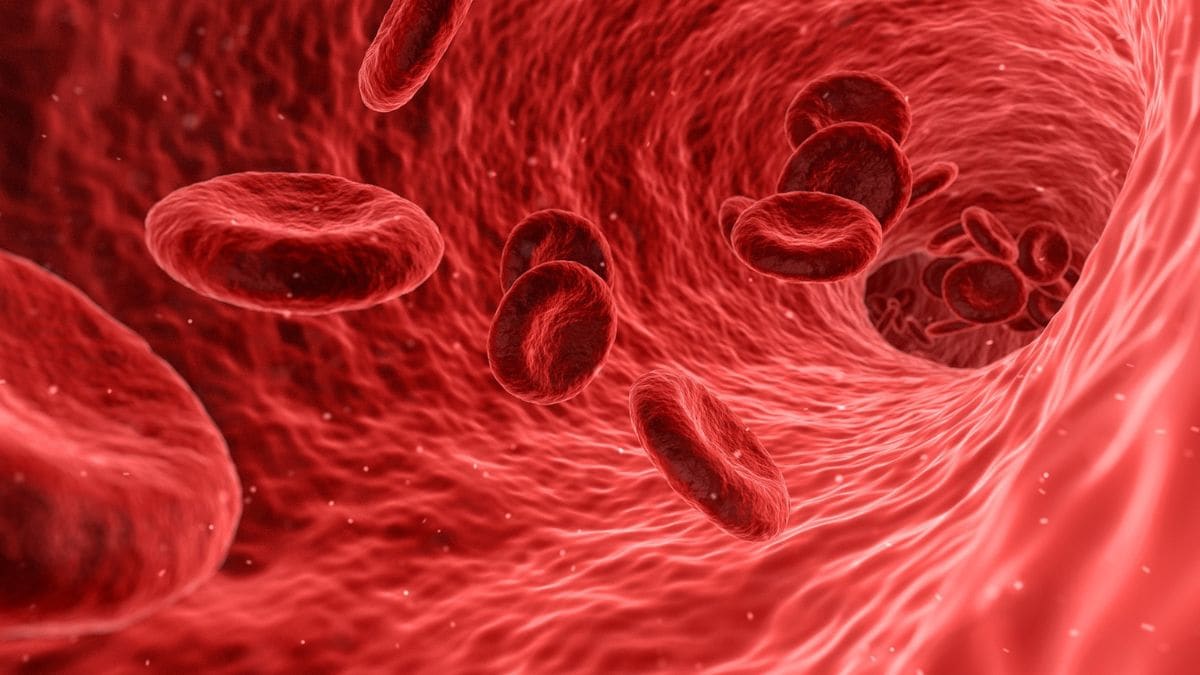





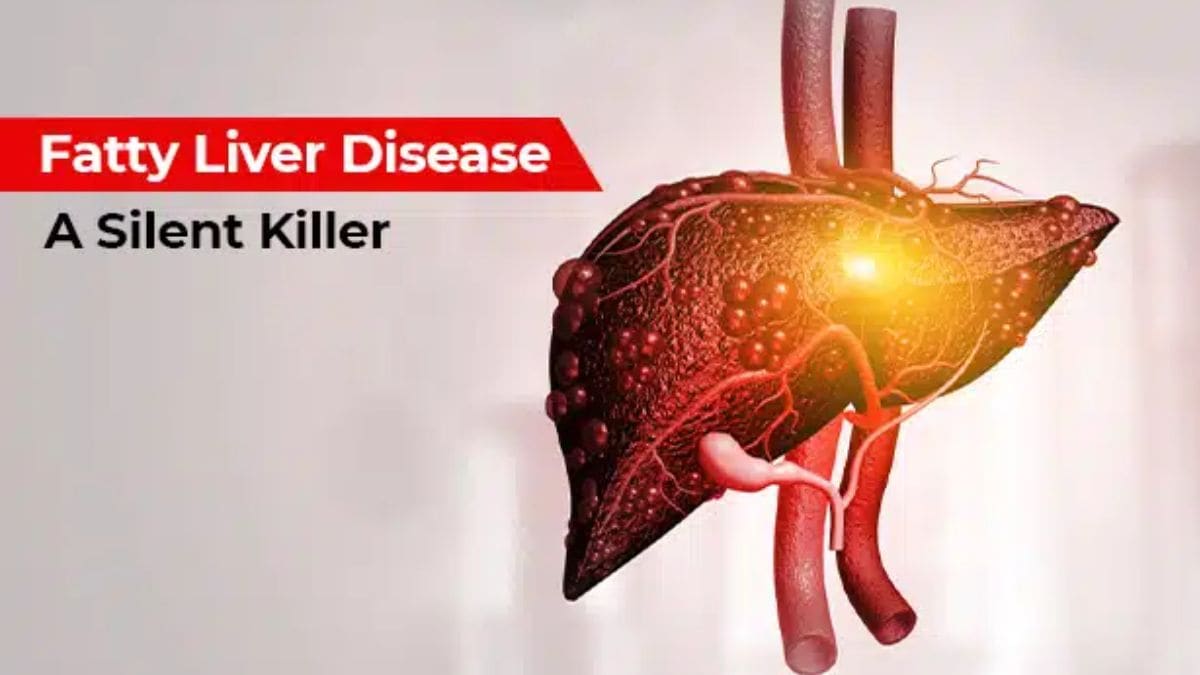

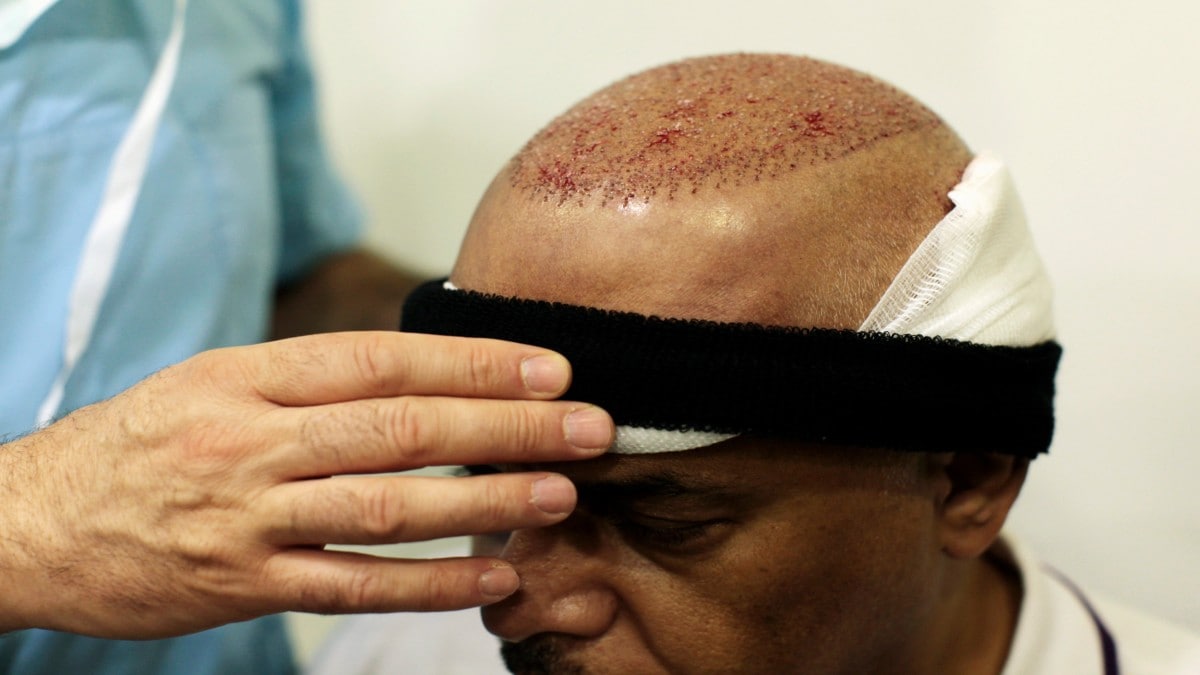

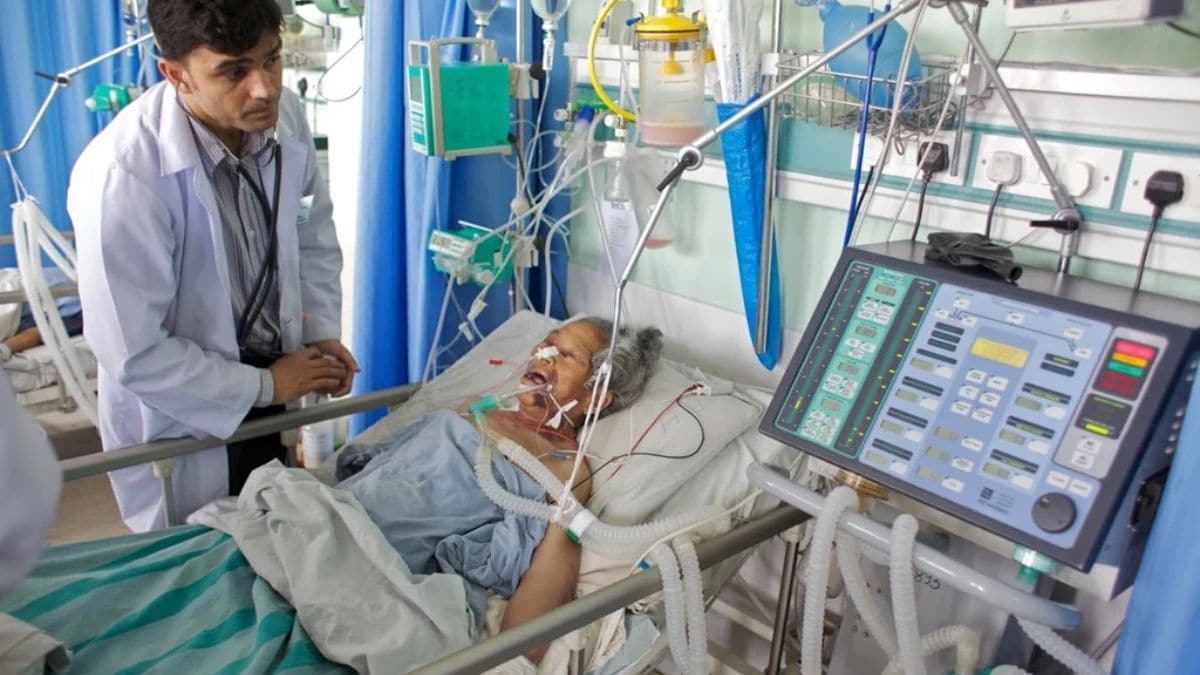
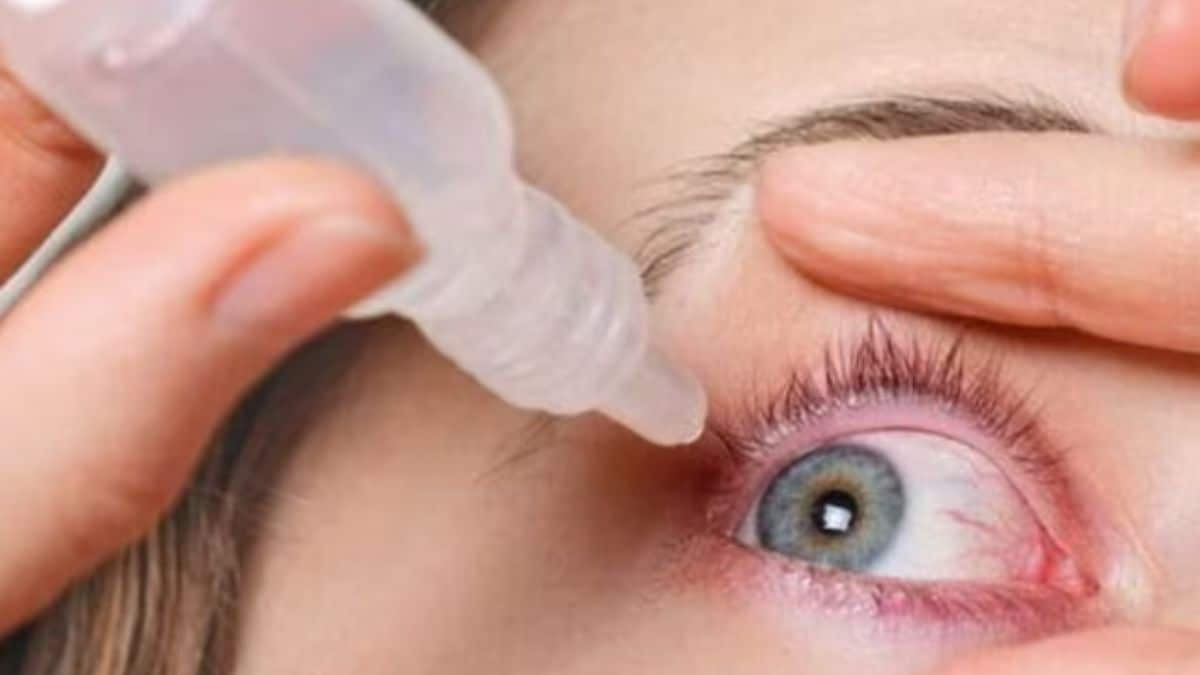





)
)
)
)
)
)
)
 English (US) ·
English (US) ·